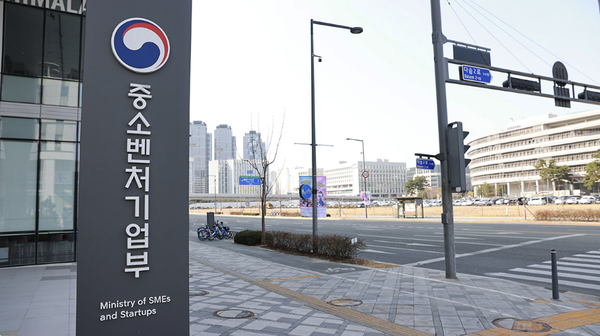The Ministry of SMEs and Startups (Minister Han Sung-sook) announced on the 2nd of the month that it has additionally released 11 Request for Proposals (RFPs) for the 2025 Deep Tech Challenge Project (DCP) business support.
The Deep Tech Challenge Project is a large-scale research and development project involving high levels of technical difficulty, providing up to 10 billion won in support linked with private investments. If more than 2 billion won in private pre-investment is secured, the government will support approximately 3.6 billion won in R&D funds. In subsequent investments, the government will proceed with a two-fold equity investment up to 4 billion won against private investment of at least 1 billion won.

The Ministry aims to support a total of 20 projects with this year’s DCP. Accordingly, 23 RFPs were released in April, with an additional 11 RFPs added now, bringing the total to 34 proposals. The final performing companies will be confirmed through open recruitment.
The newly added RFPs were selected through demand surveys and expert planning in key deep tech areas such as artificial intelligence (AI), biotechnology, and semiconductors. The proposals include technologies such as the development of scan-type rapid laser annealing equipment for next-generation semiconductor processes, an antibody fusion protein platform capable of treating degenerative brain diseases and controlling inflammation, and AI-based automatic disassembly technology for electric vehicle discarded battery packs.
The proposals span several sectors: biotechnology (2 cases), semiconductors (2 cases), AI (1 case), secondary batteries (1 case), mobility (1 case), marine technology (1 case), hydrogen (1 case), communications (1 case), and manufacturing (1 case).
The detailed content of the 34 RFPs can be found on the Strategic Technology Bank online platform. Participating companies must meet the project team composition and secure at least 2 billion won in implementation capital requirements, and applications can be submitted through the Ministry’s Integrated Research Support System (IRIS).
Park Yong-soon, the Director of Technology Innovation Policy at the Ministry, commented, “Deep tech technology holds the potential to strengthen national competitiveness beyond just corporate growth. We will enhance policy support to enable small and venture companies to challenge advanced technologies without fear of failure.”